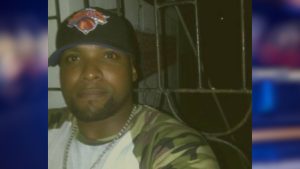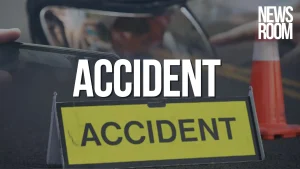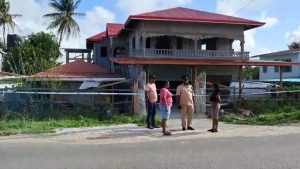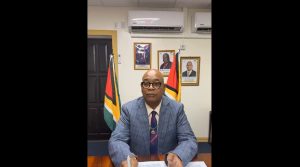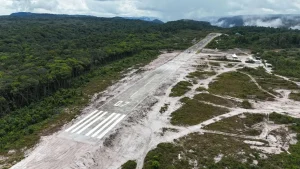‘Region Two belongs to Guyana’ – Police Force boosts capacity at borders
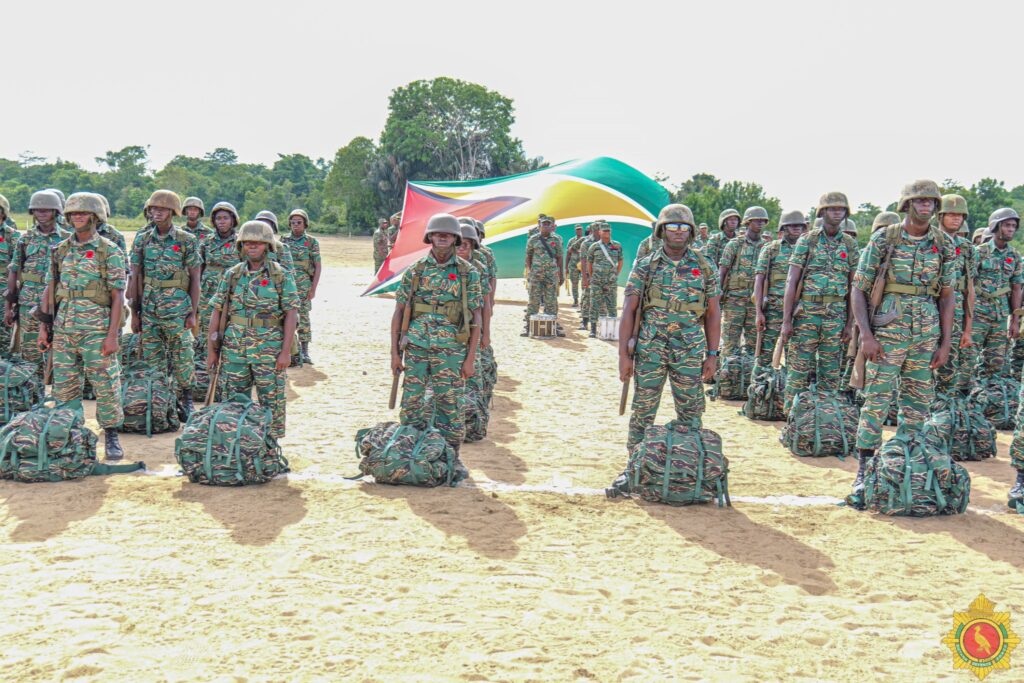
The Guyana Police Force has boosted its capacity at the border regions, more so in Region Two (Pomeroon-Supenaam), as Venezuela forges ahead with its illegal referendum in what authorities say is part of their plan to annex the Essequibo region.
Commissioner of Police (ag), Clifton Hicken, on Wednesday spoke about the issue during his address to senior members of the Police Force.

“We have police regions within the boundaries and borders of Guyana…As we speak, the police and members of the Joint Services, they’re working very hard and we’ve built our capacity at the border regions.
“And so we’re bringing some comfort to the regions out there,” the Top Cop said.
He reaffirmed that Guyana’s boundary with Venezuela will not be altered in any way.
“But as long as we have our establishment, Region Two belongs to Guyana and Guyana’s boundary will not be altered in any way.
“…the Police, Commanders, Members of the Joint Services will remain resolute. Guyana belongs to us and we’re going to Police Guyana as far as practicable,” Commissioner Hicken reiterated.
A defiant Delcy Rodriguez, Vice President of Venezuela, on Wednesday, declared to the World Court that nothing will stop Venezuela from proceeding with its December 3 referendum, which Guyana has argued seeks to annex the Essequibo region.
Rodriguez further declared that once the referendum is over and the votes are counted, “the State of Venezuela will not turn its back on what the people decide.”
Guyana on Tuesday argued before the Court that the referendum is intended to be used as a trigger for Venezuela to seize Guyana’s territory by military force.

Rodriguez painted Guyana as an aggressor State that plans to attack Venezuela with the help of its ally the United States, something which Guyana has denied, saying it has no interest in disturbing the peace of the Caribbean region.
Attorney General Anil Nandlall said Venezuela has a right to hold any referendum it chooses, but its referendum cannot seek to dictate action to violate another country’s sovereignty and territorial integrity. Guyana argues that because the referendum has direct bearing on the case before the Court, the ICJ is empowered to rule on provisional measures until it determines the full case before it.
Mr Nandall says even if the Court rules that it cannot prevent Venezuela from holding its referendum, Guyana hopes the Court can say something that would prevent Venezuela from taking action on the results of the referendum.
After decades of negotiations failed to bring a resolution to the border controversy, the United Nations Secretary-General referred the controversy to the World Court and Guyana filed its case in March 2018 to obtain a full and final settlement.




